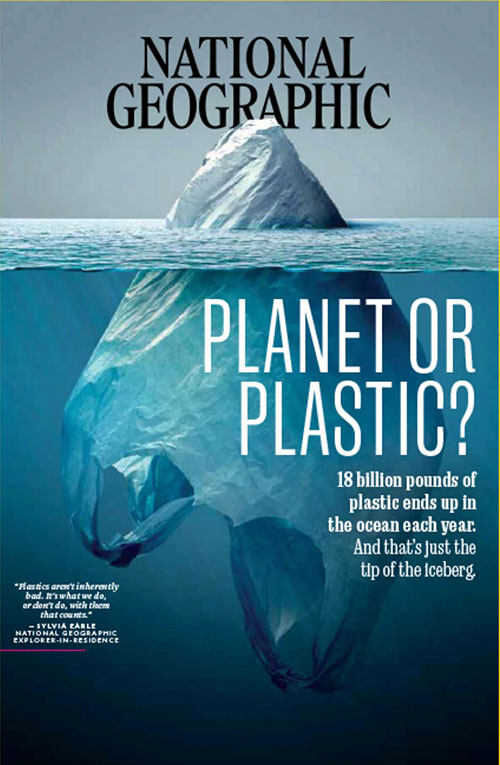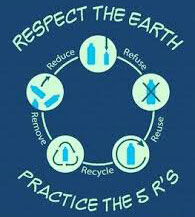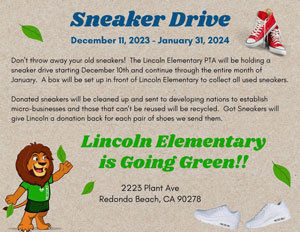I.Theme – The Good Shepherd

Mafa – I am the Good Shepherd
“Jesus said, ‘I am the good shepherd. The good shepherd lays down his life for the sheep.. And I lay down my life for the sheep. I have other sheep that do not belong to this fold. I must bring them also, and they will listen to my voice. So there will be one flock, one shepherd.’" – John 10:11,16
The lectionary readings are here or individually:
First Reading – Acts 4:5-12
Psalm – Psalm 23
Epistle –1 John 3:16-24
Gospel – John 10:11-18
Easter 4 is traditionally called Good Shepherd Sunday. Today’s readings assure us of God’s constant, shepherd-like care. In his sermon in Acts, Peter preaches that salvation is to be found in Jesus Christ of Nazareth, crucified, but raised from death by God. The author of 1 John tells us that, because of God’s love shown in Jesus, we are now God’s children. In the gospel, Jesus explains how he, as our Good Shepherd, lays down his life because he cares for his sheep.
The image of the shepherd can be difficult to understand. The metaphor of the shepherd has at times been sentimentalized and at other times abused.
Given that tension, what can we learn from today’s gospel? One of its most heartening aspects is the utter commitment of the Shepherd. Some of us might resent being diminished by the comparison to witless sheep. Yet all of us can respond with gratitude to a committed friend. The special people in our lives who know when we need a joke or a nudge, a compliment or a challenge; those who can both laugh and cry with us; those who give us perspective when we’ve lost ours: they are gift. To have as guide One who is the source and inspiration of all those gifts is blessing indeed.
We have been fortunate in our own day to see models lay down their lives for others. Martyrs in Central America and Africa are dramatic examples. Yet in unspectacular ways, ordinary people sacrifice daily for their children, their coworkers, their friends and relatives. Laying down one’s own life may be as simple as pausing to hear the leisurely unfolding of another person’s story when time pressures mount. Or it may be as complex as financing another’s education. But the surrenders we can observe so often around us prove that giving one’s life is both possible and practical.
A second noteworthy element is the lack of coercion exerted by the Shepherd. His voice is all, and it is enough. We often meet with resistance when we try to persuade another. We also witness the remarkable change that inner motivation can produce. Jesus knows well the drawing power of love and the strength of people driven by love.


 Individually we cannot change industries or policies but we can make manageable changes in our lifestyles to counter the threats.
Individually we cannot change industries or policies but we can make manageable changes in our lifestyles to counter the threats.




